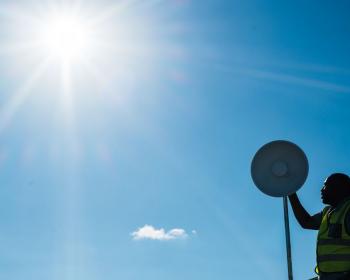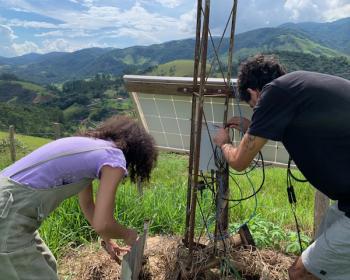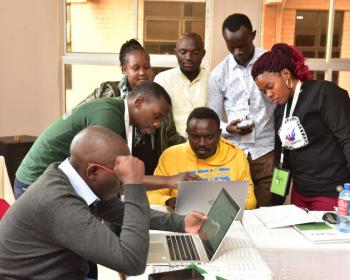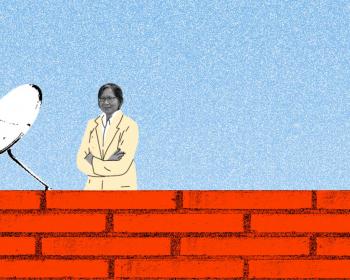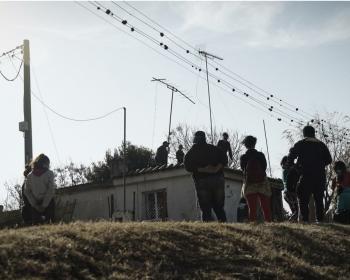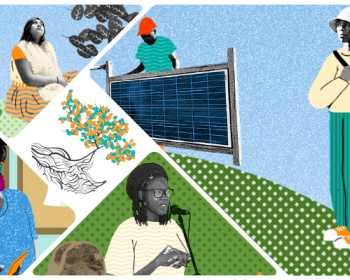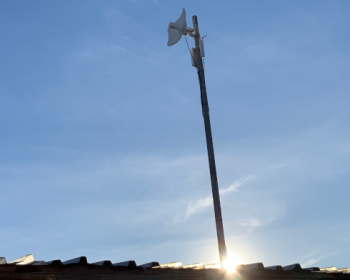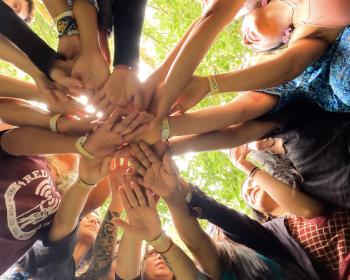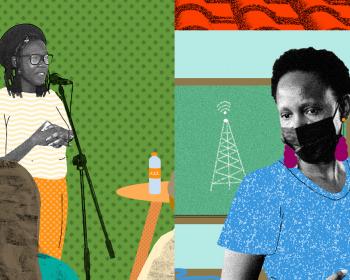UK Government’s Digital Access Programme (former Department for International Development-DFID)
The Prosperity Fund cross-HMG 'Digital Access Programme' is a DFID-led partnership with FCO and DCMS. It aims to catalyse more inclusive, affordable, safe and secure digital access for excluded and underserved communities in Kenya, Nigeria, South Africa, Brazil and Indonesia. Increased digital inclusion in the programme countries will form the basis for more thriving digital ecosystems that generate high-skilled jobs, opportunities for local digital entrepreneurship focused on country-specific development challenges, as well as potential partnerships with international and UK business aimed at mutual prosperity. The Digital Access programme will also focus on learning about sustainable models and enablers for digital inclusion. The learnings will be shared with key stakeholders and other partner countries, thereby amplifying the impact of the programme.
Work supported:
-
Supporting Community-Led Approaches to Addressing the Digital Divide project (2020-2023)
-
APC Mentorship Programme / Digital Access Programme (2019-2020)
-
Building Communication Opportunities (BCO) Alliance (2005-2007)
-
Catalysing Access to ICTs in Africa (CATIA) Component 1c (2004-2006)
-
ItrainOnline (2005)
-
Gender and ICT Evaluation Methodology (GEM) (2002-2004)
This issue brings together instances that show the success of community networks, but also some indicating that currently there is a gap, and help from a range of stakeholders is needed in order to successfully support communities to bridge the digital divide.
By being rooted in their own communities and encouraging collective articulation, a community network can became a catalyst for rethinking digital spaces and build more inclusive practices – as the pieces collated for this issue show.
Can communities shape digital technologies in favour of their environments, cultures, knowledge and well-being? This piece present five inspiring stories from the Routing for Communities podcast showcasing how connectivity and the use of technology gain meaning from local demands.
This is the first edition of our newsletter in 2024 – and it brings encouraging prospects for community-centred connectivity. The year begins with new opportunities, whether in terms of open calls or spaces and materials to strengthen these initiatives through shared knowledge.
In November we are launching the last two episodes of the first season of the Routing for Communities podcast! This month, we travel to Thailand and Kenya to discover inspiring stories of pioneering actions centred on local communities.
The Universal Service Fund – created precisely to subsidise the promotion of universal access to telecommunications services – should include community-led models, as recommended by ITU on several occasions, and advancing in countries such as Argentina, Malawi and Kenya.
Welcome to the 60th monthly round-up of developments impacting your local access networks and community-based initiatives. In this edition, we celebrate these networks’ multiple achievements, discuss the challenges they face, and moot the kind of support they need.
A forum organised by the Communications Regulators' Association of Southern Africa brought together its member states to discuss the importance of community networks in providing universal services, and the policy and regulation measures needed to support them.
In this issue, we are inspired by women who are cultivating community networks in their regions. Welcome to the 59th monthly round-up of developments impacting your local access networks and community-based initiatives.
We are happy to announce the launch of the Routing for Communities podcast on 1 June. With 12 episodes, this podcast will be a journey to listen to the life stories of those connecting themselves while defending the fundamental rights and well-being of their communities.

Association for Progressive Communications (APC) 2022
Unless otherwise stated, content on the APC website is licensed under Creative Commons Attribution 4.0 International (CC BY 4.0)



